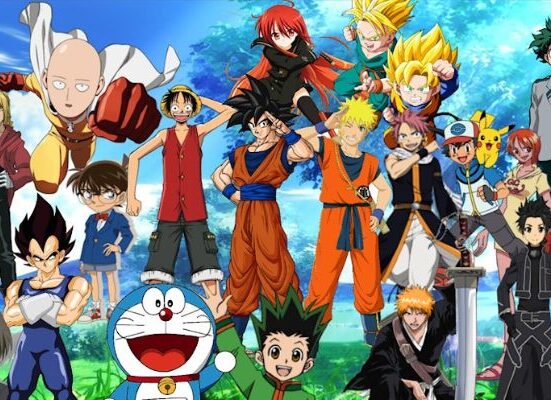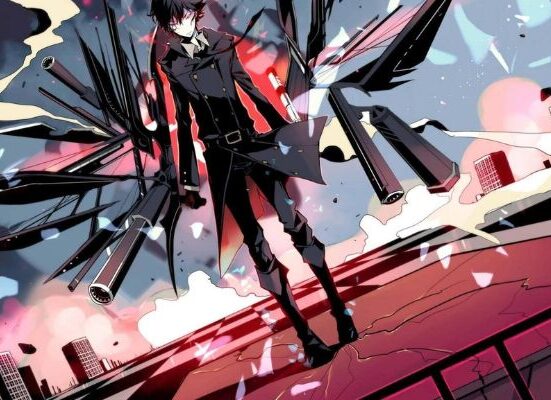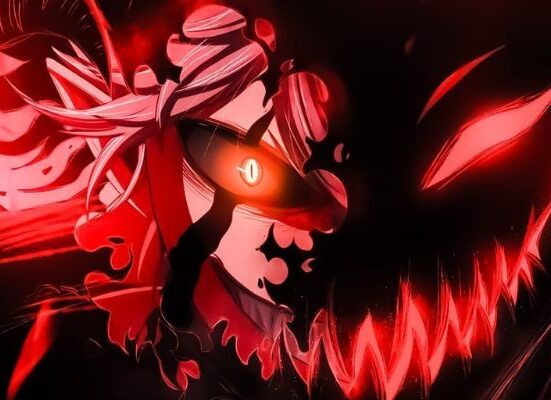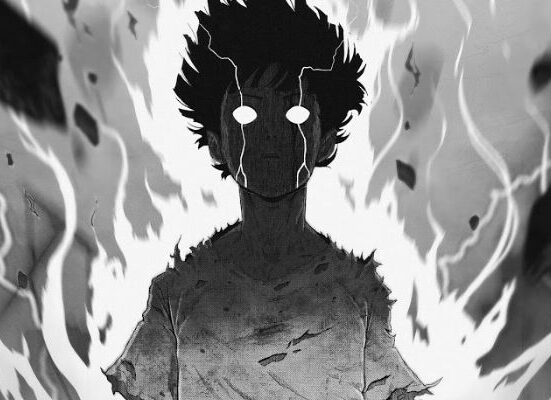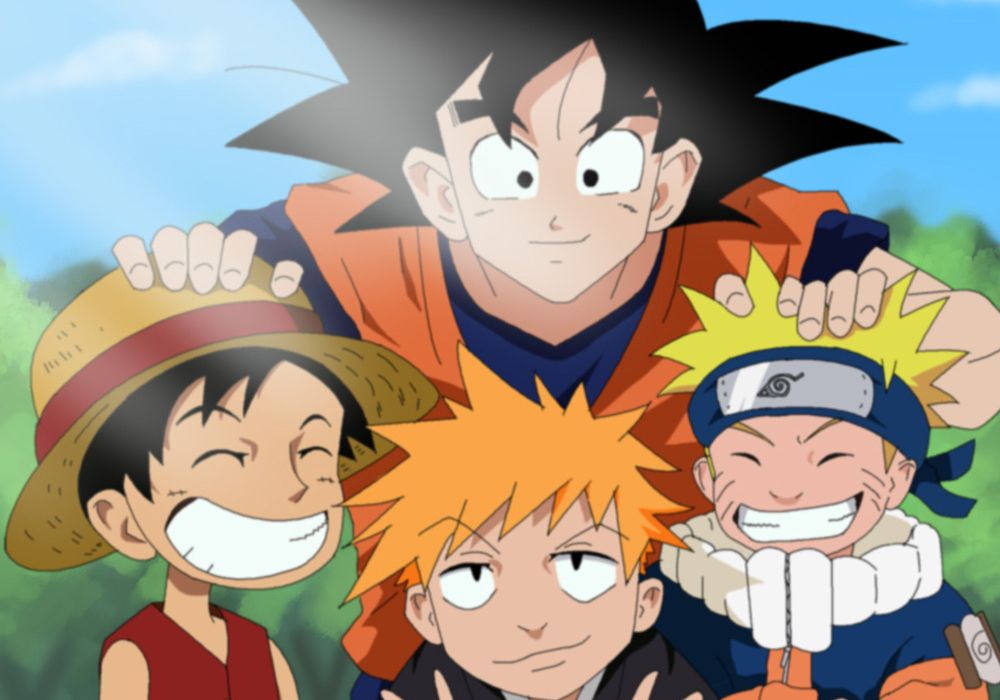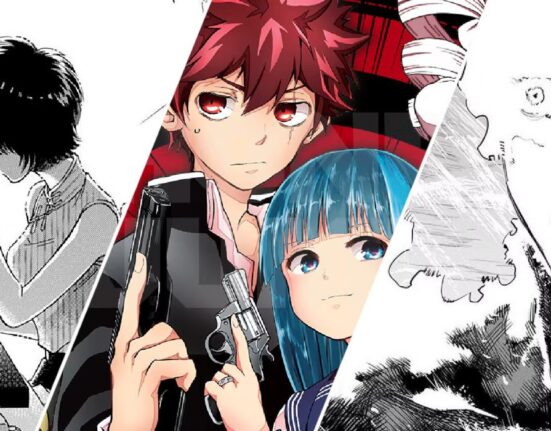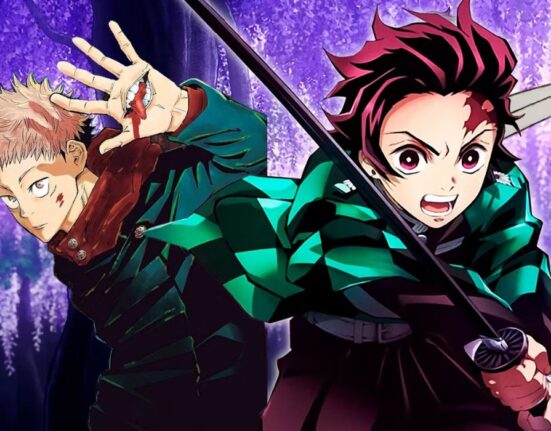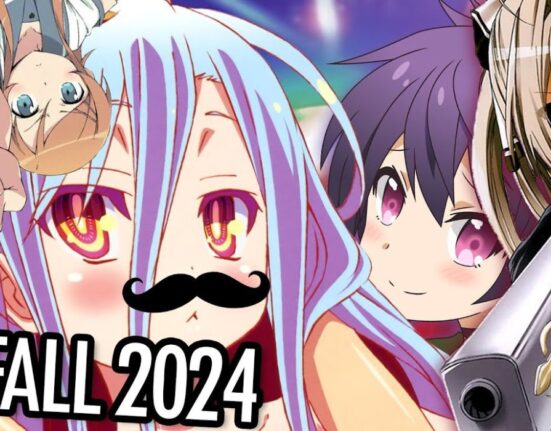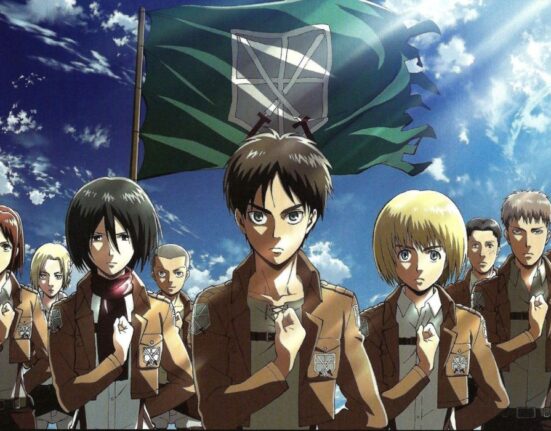Introduction:
Anime protagonists are the driving force behind many of the medium’s most iconic stories. Whether they’re saving the world, battling inner demons, or challenging societal norms, these characters shape the narrative and leave lasting impressions on viewers. Some anime protagonists have transcended their roles as mere characters, influencing entire genres, reshaping the way stories are told, and becoming cultural icons in their own right. In this blog, we’ll dive into ten anime protagonists who have redefined the genre, exploring their character arcs, impact on storytelling, and lasting legacies.
Top 10 List with Analysis:
- Eren Yeager (Attack on Titan)
- Character Arc: Eren begins as a determined but naive boy driven by a desire for freedom and vengeance against the Titans. As the series progresses, his transformation is one of the most shocking and complex in anime history. Eren shifts from a typical shonen protagonist into an anti-hero (or even a villain, depending on perspective) as he makes morally gray decisions in his quest for absolute freedom.
- Impact: Eren’s evolution challenges traditional hero archetypes and forces viewers to question the nature of heroism and villainy. His willingness to sacrifice anything for his ideals redefined what it means to be an anime protagonist, pushing the boundaries of character development in the genre.
- Goku (Dragon Ball)
- Character Arc: Goku is the quintessential shonen protagonist, representing pure-hearted determination and a love for battle. His relentless pursuit of strength and self-improvement has been a central theme throughout Dragon Ball. Despite his simple nature, Goku’s unwavering desire to protect his friends and Earth made him a beloved hero.
- Impact: Goku is arguably the most influential anime protagonist of all time. His character set the template for countless shonen heroes that followed, from Naruto to Luffy. His battles, power-ups, and optimistic nature became staples of the genre, establishing Dragon Ball as a foundational work in anime history.
- Naruto Uzumaki (Naruto)
- Character Arc: Naruto’s journey from an outcast, orphaned child to the Hokage, the leader of his village, is one of anime’s greatest coming-of-age stories. Throughout his struggles, Naruto learns the value of friendship, hard work, and perseverance. His desire to be acknowledged and his belief in self-betterment made him a relatable and inspiring character for many fans.
- Impact: Naruto’s story resonated with audiences worldwide, particularly in how it addressed themes of loneliness, identity, and self-worth. His influence on modern shonen protagonists is immense, as he encapsulates the hero’s journey in its purest form. Naruto’s emotional depth and complex relationships elevated the storytelling of shonen anime.
- Monkey D. Luffy (One Piece)
- Character Arc: Luffy’s quest to become the Pirate King and achieve ultimate freedom is at the core of One Piece. While Luffy might appear carefree and reckless, his sense of loyalty, justice, and belief in following his dreams makes him a powerful and inspiring figure. His journey is more about the adventure and friendships he builds along the way than just obtaining a title.
- Impact: Luffy’s relentless pursuit of freedom and his “never give up” attitude have made him one of the most beloved characters in anime. His impact goes beyond his own series, with One Piece influencing the world of shonen through its deep world-building, long-term character development, and themes of freedom, camaraderie, and personal growth.
- Light Yagami (Death Note)
- Character Arc: Light Yagami is a high school student who gains the power to kill anyone whose name he writes in the Death Note. Initially, he believes he is creating a better world by eliminating criminals, but his descent into megalomania and moral corruption makes him one of anime’s most complex protagonists. His battle of wits with L, the genius detective, remains a highlight of the series.
- Impact: Light is a morally ambiguous character whose arc challenges viewers to reflect on justice, power, and morality. His psychological complexity set a new standard for anime protagonists, proving that the hero doesn’t always have to be “good.” Death Note’s success also paved the way for more intellectual, dark, and morally complex narratives in anime.
- Edward Elric (Fullmetal Alchemist: Brotherhood)
- Character Arc: Edward is a young alchemist searching for a way to restore his and his brother’s bodies after a failed alchemical experiment. His journey is one of personal growth, as he confronts the consequences of his actions and learns valuable lessons about sacrifice, responsibility, and humanity. Edward’s arc is a perfect balance of action, emotion, and philosophy.
- Impact: Edward’s character demonstrated that a protagonist can be vulnerable, flawed, and emotionally deep while still being incredibly strong and determined. His pursuit of truth and the show’s exploration of complex themes like equivalent exchange, ethics, and the meaning of life made Fullmetal Alchemist: Brotherhood a standout in the anime world.
- Spike Spiegel (Cowboy Bebop)
- Character Arc: Spike is a bounty hunter with a mysterious past, haunted by the mistakes and tragedies of his former life. His laid-back demeanor contrasts with the deep existential struggles he faces, making him one of the most human protagonists in anime. His journey throughout Cowboy Bebop is about confronting his past and coming to terms with his fate.
- Impact: Spike’s character embodies the “cool, detached” anti-hero archetype, blending action with a sense of melancholy and introspection. Cowboy Bebop redefined what anime could be, offering a more mature, episodic narrative that resonated with adult audiences. Spike’s influence can be seen in later characters who carry emotional depth alongside their action-oriented personas.
- Gon Freecss (Hunter x Hunter)
- Character Arc: Gon’s journey is one of adventure, self-discovery, and growing up. Starting as a cheerful and determined boy searching for his father, Gon’s experiences gradually expose him to the darker side of the world. His arc showcases the loss of innocence and the complexities of human nature, particularly in his relationship with Killua and the way he handles power.
- Impact: Gon’s character is a unique take on the shonen protagonist, as Hunter x Hunter’s story goes beyond the typical power-up tropes, diving into psychological and philosophical realms. His dynamic growth and emotional depth set him apart from traditional shonen heroes.
- Saitama (One Punch Man)
- Character Arc: Saitama is the strongest hero in the world, able to defeat any opponent with a single punch, yet his overwhelming power leaves him bored and unfulfilled. His story is less about physical battles and more about existential ennui and the quest for meaning. His deadpan humor and apathetic attitude make him a unique and refreshing protagonist.
- Impact: Saitama’s character is a parody of the typical overpowered shonen hero, and his satirical nature has had a significant impact on how power is portrayed in anime. One Punch Man turned the shonen genre on its head, offering both comedy and insightful commentary on what it means to be a hero.
- Shinji Ikari (Neon Genesis Evangelion)
- Character Arc: Shinji is a deeply flawed and emotionally fragile protagonist who pilots a giant mecha to save the world from mysterious beings known as Angels. His internal struggles with self-worth, isolation, and acceptance make him one of the most psychologically complex characters in anime. Unlike typical heroes, Shinji is reluctant, often paralyzed by fear and doubt.
- Impact: Shinji’s character redefined what it means to be an anime protagonist, especially in the mecha genre. Neon Genesis Evangelion was groundbreaking in its exploration of mental health, depression, and the human psyche. Shinji’s character arc challenged the notion of heroism in anime, pushing the medium into more introspective and philosophical territory.
Conclusion:
These ten protagonists have redefined what it means to be a hero in anime. From morally ambiguous figures like Light Yagami to classic heroes like Goku, each character has shaped their respective genre and left a lasting legacy. Their influence continues to be felt in the anime world, as newer shows build upon the foundations they laid. These protagonists remind us that anime is a medium where character development, complex storytelling, and emotional depth are just as important as action and spectacle, making it one of the most unique forms of entertainment today.


